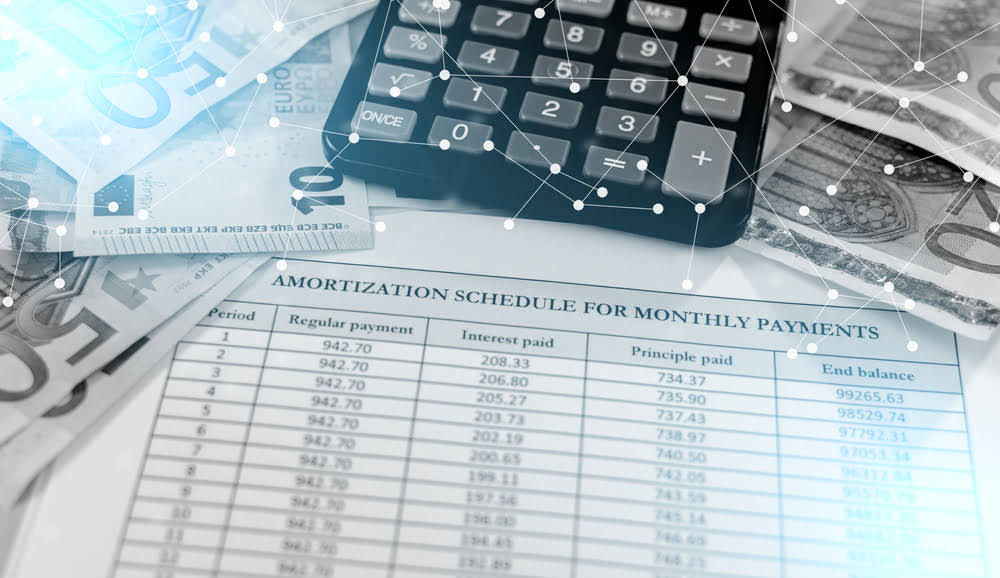
By distributing cash dividends, Apple aims to reward its shareholders and attract new investors seeking regular income. Moreover, cash dividends provide shareholders with the flexibility to use the funds as they please, whether reinvesting in Apple or allocating them elsewhere. This strategy has been successful in maintaining investor confidence and supporting the company’s stock price. When it comes to dividend payments, companies have the option to distribute them in the form of cash or stock. Each method has its own set of advantages and disadvantages, and it’s important for investors to understand the pros and cons before making any decisions.
Key Takeaways
This deepens the bond between investors and the company, hinting at its bright future. They can show that a company is doing exceptionally well or has extra cash. These unexpected both cash dividends and stock dividends dividends require investors to keep a close eye on the company and the market. Perhaps unsurprisingly, cash dividends come in a wide range of forms. For example, some of them are paid out on a regular basis, with monthly, quarterly, and annually being very common. In contrast, others are paid out on special occasions, which is why they are called special dividends.
Choosing Between Cash and Stock Dividends
In many ways, it can be better for both the company and the shareholder to pay and receive a stock dividend at the end of a profitable fiscal year. This type of dividend can be as good as cash, with the added benefit that no taxes have to be paid when receiving the same. When a company buys back its own stock, it reduces the number of shares outstanding. This helps boost earnings growth since each remaining share captures a greater percentage of a company’s earnings.
Can Dividends Be Disadvantageous to Investors?
- Alphabet is one of the biggest companies in the technology sector, and yet, it does not pay a dividend.
- As an investor, it’s essential to understand the difference between stock dividends vs. cash dividends.
- We will not treat recipients as customers by virtue of their receiving this report.
- Stock dividends give shareholders extra shares, increasing their ownership without immediate financial impact.
- This trading strategy invovles purchasing a stock just before the ex-dividend date in order to collect the dividend and then selling after the stock price has recovered.
- Companies shouldn’t hoard cash when they cannot invest it anyway.
- Issuing a stock dividend shouldn’t impact the share prices of the company for a long time.
Also, paying a cash dividend makes a company indifferent between paying back to shareholders and utilizing cash reserves for internal growth. Cash dividends are common and investors feel a familiar experience. Thus, cash dividends are a popular choice for most companies and in many sectors. Companies with an established history and accumulated profits also prefer cash dividends. However, liquidity is a major concern for these companies as they often accumulate profits but lack cash. Cash dividends mean quick money for shareholders but also come with taxes.

IEX Forecasts Double-Digit Trading Volume Growth in FY26 on Product Boost
Setting up a trailing stop loss in algo trading helps protect your investments. Adjust strategies to lock in profits while letting your trades run smoothly. Now that you know how both types of dividends work, let’s explore the key areas where they differ. Certain financial information included in Dividend.com is proprietary Law Firm Accounts Receivable Management to Mergent, Inc. («Mergent») Copyright © 2014.
SECURITIES
- Usually, there is a lock-in period for stocks that are received through dividends.
- It is attractive for established companies and those wanting to save cash for reinvestment.
- However, if share prices increase, the shareholder can sell their stock dividends and earn a return on their investment.
- A company can easily curtail share repurchases to save cash when times are tough.
- Personal Loan, Fixed Deposit, EMI Card are provided by Bajaj Finance Limited.
- It is calculated by dividing the annual dividend payment by the current stock price.
- On the other hand, stock dividends don’t immediately eat up those cash reserves.
The company’s dividend policy and board decisions determine the specific timing. However, note that companies are not under any compulsion to declare dividends at all. Alternatively, they may reinvest their earnings into the company itself for expansion or other growth prospects. In the UK, dividends above the dividend allowance are taxed at 7.5% for basic rate taxpayers, 32.5% for higher rate, and 38.1% for additional rate. Stock dividends are generally not taxable unless the additional shares are sold. It is important for investors to carefully assess their investment objectives, tax implications, and personal financial situation before making a decision.

Investor profile best suited for different dividend payouts

Holding stock can result in significant gains for the investor if the company grows and share prices increase. Companies that issue cash dividends reward shareholders with a small amount of cash for each share they own after a profitable quarter gross vs net or year. Instead of reinvesting the profits into the business, the company distributes a portion of its earnings to investors.

Usually, a company issues stock dividends when it is short of cash or facing liquidity challenges. Therefore, stock dividends are a useful option that satisfies both of these purposes for the company. When shareholders keep stock dividends and do not convert them to cash, they do not incur a tax obligation. Therefore, stock dividends offer a tax advantage for some shareholders as well. Another benefit of receiving cash dividends is that these are virtually risk-free. Cash dividends are paid out consistently and do not offer any investment risks.